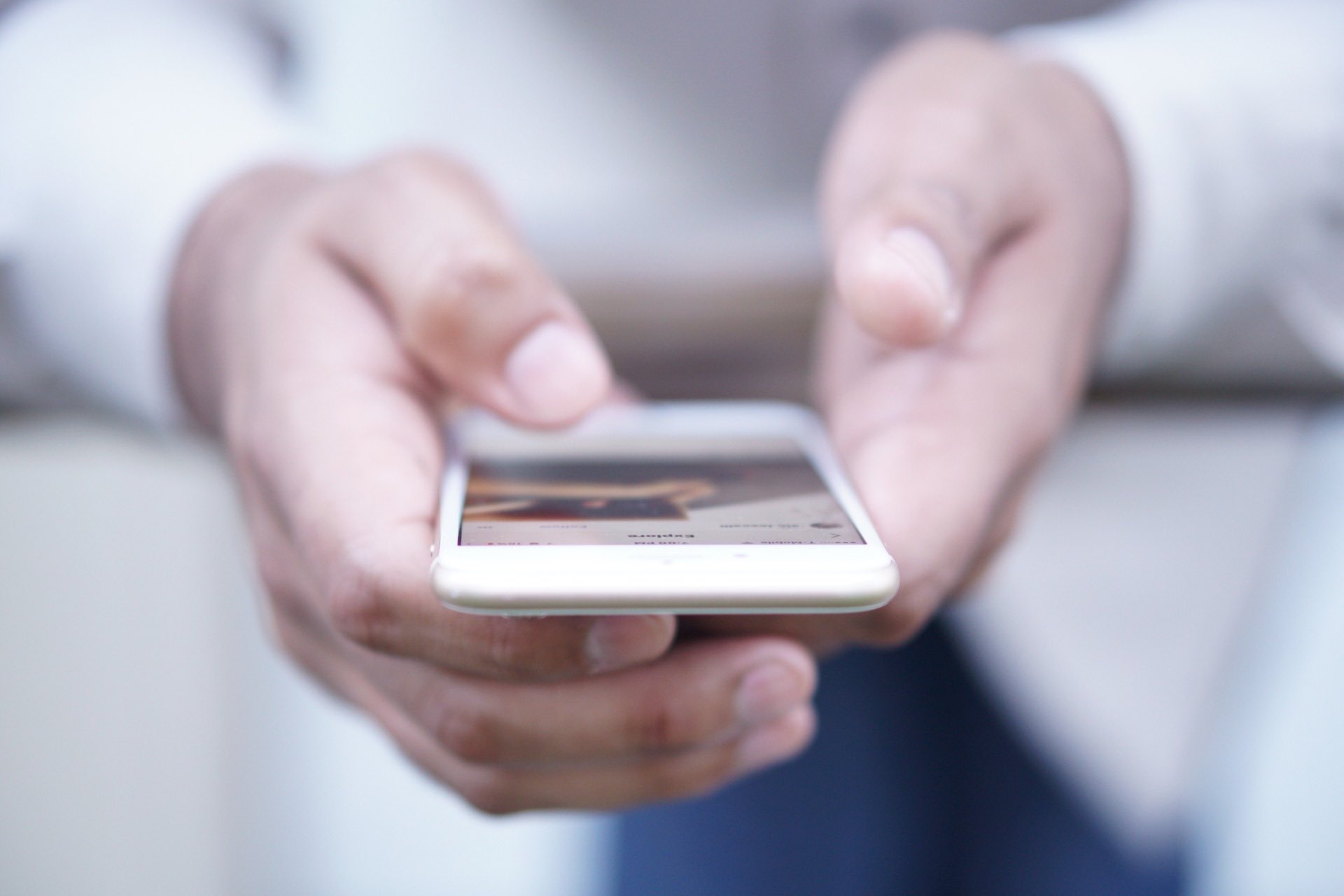When people say they can’t live without their smartphones, they most likely are right.
Over time, our phones have become multi-functional: we set up our morning alarm, we get reminders on our calendars, we scroll through social media, and we even have maps at our disposal.
These devices have a lot of our personal information stored, and that’s why most of us would have trouble if we lost it.
But for all these advantages, there are risks too. In the digital world, personal information can be bought and sold. Hackers steal it and sell it to the highest bidder, and they can do it both to businesses and individuals.
Fortunately, with these 5 tips, you’ll be able to protect yourself better and strengthen your phone against hackers, keeping your data safe.
1. Update your software
Let’s start easy: outdated software is vulnerable to attacks. To avoid being a victim of cybercriminals, make sure to set up automatic updates so you always have the latest security patches. Remember, 95% of cyberattacks are due to human error, and hackers exploit these instances.
2. Take advantage of biometrics and strengthen your passwords
Strong passwords are crucial if you want to stay safe from hackers. Make it complex, and if you are afraid you won’t remember it, get a password manager to do it for you.
Even better, set up a biometric authentication method, like your fingertip or facial recognition.
Passphrases are easier to remember, so if you don’t get a password manager, you can write down something like “Sunshineonmyshoulder5!”. From time to time, go over these passwords and change them, e
3. Avoid public Wi-Fi Networks
Yes, public Wi-Fi is very convenient, but it’s unsecured, and cybercriminals know it. If you’re going to use it anyway, avoid logging into your bank account to make transactions, or get a VPN like Surfshark VPN for Mobile devices. This software will hide your connection and help you enjoy all the advantages of public Wi-Fi without the risks.
4. Install Anti-Malware Software
If you wouldn’t leave your house without locking the door, don’t do it to your phone. Leaving it vulnerable to malware attacks is only going to be detrimental to you. Remember, research shows that phishing attacks were the top reason for data breaches in 2023, and it’s easy enough to avoid falling for these.
Install anti-malware software from reputable sources, and make sure it works to identify and remove malicious software from all your devices, not just your phone. Protect your information from viruses, spyware, and different digital threats.
Make sure to download this software from a reputable source, of course, so you’re not inadvertently inviting in cybercriminals.
5. Review app permissions from time to time
Before you download any app, check out what permissions it needs to function. For example, can a flashlight app access your contacts or your photos? If this is the case, consider revoking these permissions or deleting the app altogether.
According to research, 79% of people have adjusted privacy-related settings on their social media accounts or reduced their social media usage before, and with good reason. Start by limiting the app permissions, and never download from unofficial sources.
Use the Google Play Store or the Apple App store. This way, if you have a problem, you can contact support, and they can navigate you through the difficulty in no time.
Conclusion
If you follow our advice, your phone will not be attacked as easily. Remember: update regularly, strengthen and change your passwords, and review app permissions from time to time.
The digital world is a lot more enjoyable if you know how to protect yourself.







